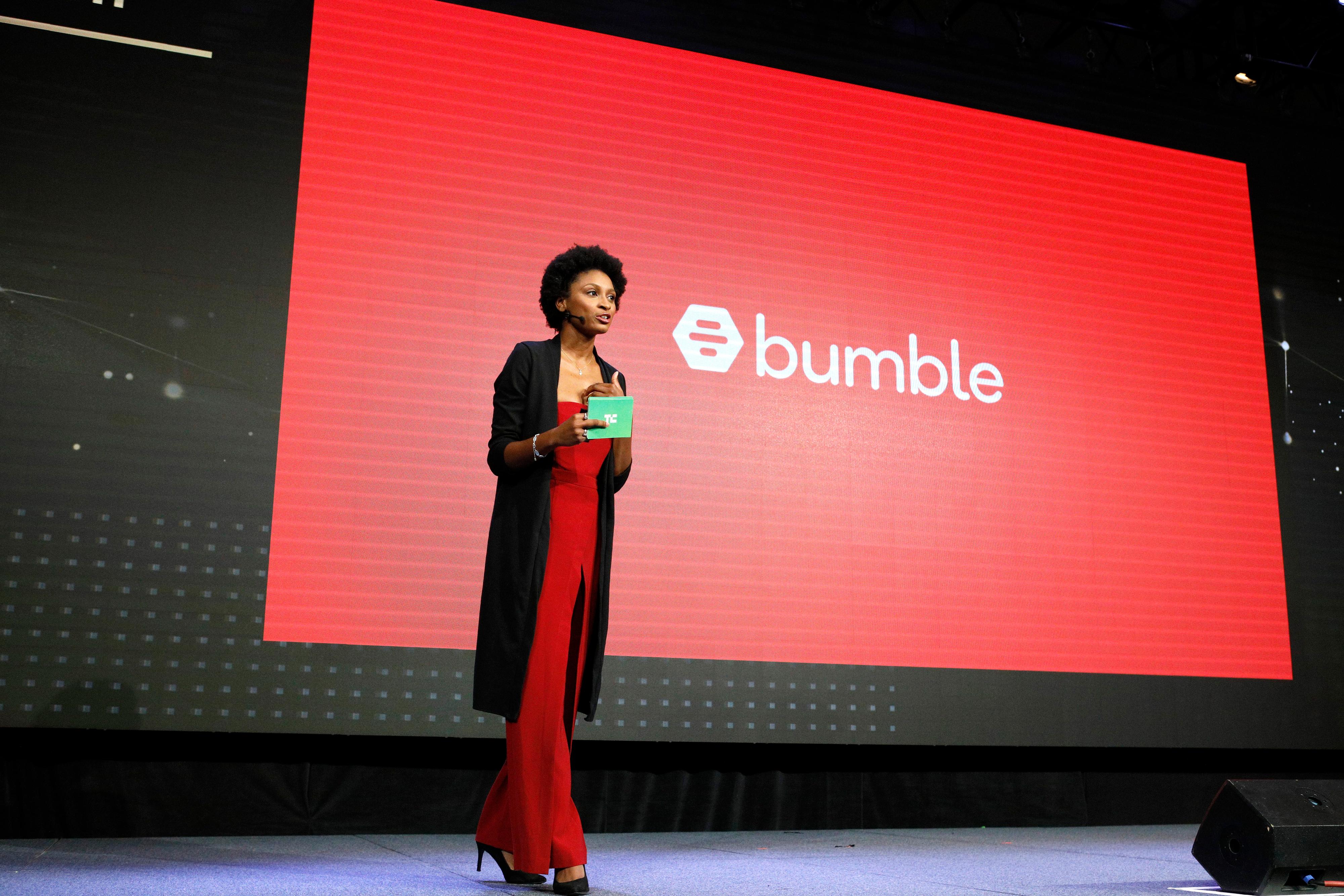Direct Listings vs IPOs: Which Are Better?
Direct listings and IPOs can both be great ways for a company to go public. But is one method necessarily better than the other?
Sept. 29 2021, Published 8:29 a.m. ET

Changing from a private company to a public company can be helpful in various ways. Allowing consumers to become shareholders in your company can help raise revenue, as well as build repute. Direct listings and IPOs (initial public offerings) are some of the most common methods of going public.
Many companies have gone public this year, and while IPOs are the traditional and most common method, direct listings have proven to be effective as well. Direct listings can offer more simplicity than IPOs for some companies.
What's a direct listing?
A direct listing, also known as a DPO (direct public offering), is where a company goes public by selling its existing shares instead of offering new ones. The shares that are sold to the public market may include company employee and private investor shares. The issued stock is listed directly on a stock exchange, and the opening price will depend on the market.

The benefit of going public through a direct listing is that it's much cheaper than an IPO. The company doesn’t have to cooperate with investment banks as underwriters of the stocks, which saves it various fees. Additionally, these companies can use banks as advisers, an easier option than using underwriters.
Another benefit is that there are no lockup periods after going public through a DPO, which are common in IPOs—IPO shareholders aren't allowed to sell their shares for a certain period after the company is publicly listed. In contrast, DPO shareholders are free to sell their shares after the listing and make a profit.
Having a direct listing doesn’t always necessarily mean a company wants to take the cheaper route. It can be a well-known brand that doesn’t need to sell its shares, especially if it's a multibillion-dollar company. A company may also prefer a DPO because it ensures its existing shares won’t get diluted by creating new ones.
What's an IPO?
The traditional method of going public, an IPO consists of a company creating new shares and having an investment bank or some type of entity as the underwriter. Underwriters can be useful in some cases, as they can help decide what the IPO price will be, take care of certain paperwork, and distribute the shares. This can save a business a lot of work and time.
IPOs can also gauge interest from public investors, as an IPO price can help a retail investor decide if the stock is a good investment once it’s publicly listed. An IPO can also benefit retail investors, in that they’re not too exposed to private investors immediately selling their shares after the listing.
What companies have gone public through a DPO?
Coinbase (COIN), Spotify (SPOT), Roblox (RBLX), and Squarespace (SQSP) are some companies that have gone public through a direct listing recently. In 2021, Coinbase had one of the largest DPOs ever, starting its stock at $250 and giving it a valuation of $86 billion.
Which companies have gone public through an IPO?
Among the numerous companies to have held an IPO recently, the ones that stand out are Poshmark (POSH), Bumble (BMBL), Robinhood (HOOD), and Vizio (VZIO). Popular investment platform Robinhood had one of the biggest and most anticipated IPOs this year. Its stock's IPO price was $38, and it had a valuation of $32 billion after the offering.
